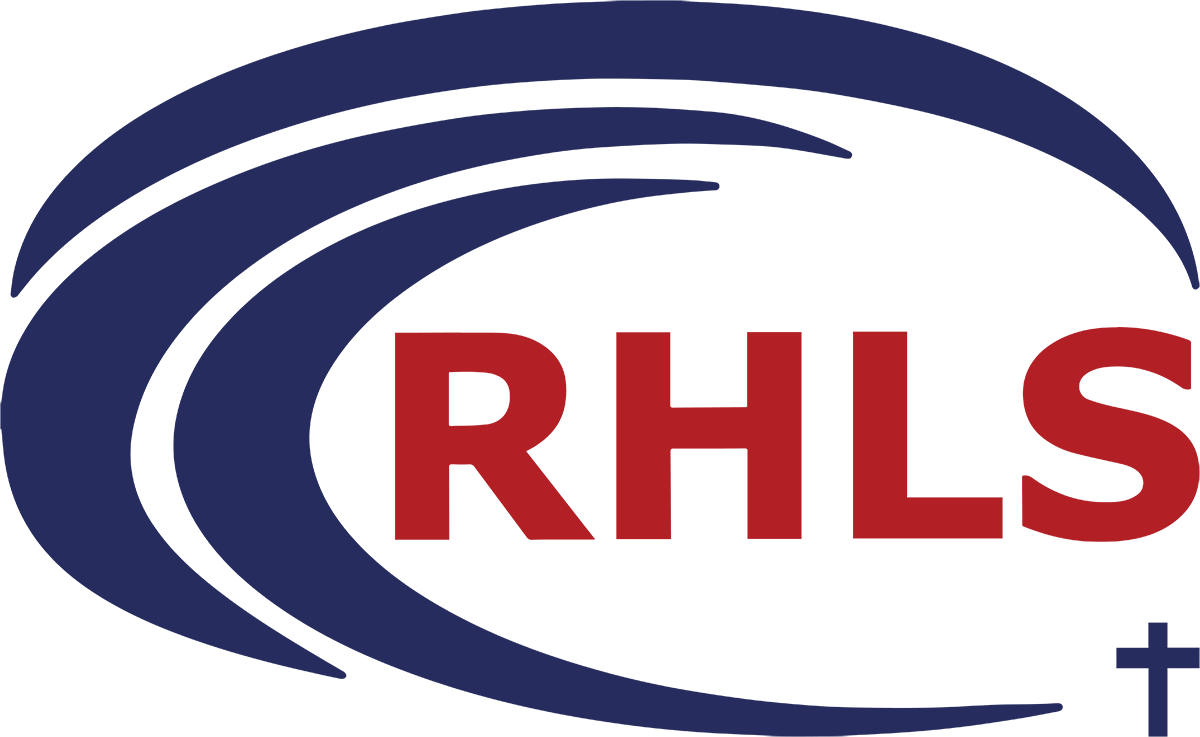Beyond the Basics
At RHLS, our specialty classes expand on the core curriculum to provide applicable skills, foster a love of learning, and provide context for what they learn.
Art
Riviera Hall provides many opportunities for our students to gain enrichment through the fine arts. Several times a year, our classes attend plays and musical performances at local theaters in the South Bay. Our students also have choral music weekly for our TK-5 students. Students share their musical gifts at chapels and recitals.
Art At Your Fingertips
Art At Your Fingertips is a Palos Verdes Art Center school-based outreach program. This program brings visual arts education to our classrooms. Volunteer docents attend ten on-site workshops in order to deliver five, quality, standards-based art projects to every grade at RHLS. At training workshops, the artist who developed each project teaches the volunteers who, in turn, teach the students in their individual classrooms.
Physical Education
Physical education plays a crucial role in your child’s journey from day one. Here, exercise and competition don’t stand apart from the rest of education—they intentionally fuel every student’s academic and emotional growth. That’s why we provide physical education classes for all children from their first day of preschool, where our youngest students build motor skills, mental and physical. A favorite RHLS tradition is our annual Jog-a-thon —one day for grades TK-8 to run, earning money for our school.
Through our fun, invigorating program, your child will experience the joys and challenges of teamwork, earn confidence by building physical strength and skill, develop sportsmanship, and experience the exhilaration of robust health. In our supportive, inclusive environment, children flourish through a leveled approach tailored for beginning, intermediate, and experienced athletes. Your child will feel excited and encouraged to try new experiences and reach for higher goals.
STEM
Students in the Riviera Hall Lutheran School STEM Program are taught how to use each of the STEM subjects (Science, Technology, Engineering, and Math) as design tools to create inventions that meet the needs of others (people and animals). In addition, the STEM Program at RHLS is intended to provide real-world context and application for Science, Math, and even Social Studies, and History curriculum taught in the homeroom class. The program is set up to spark a lifelong passion for math, science, engineering, physics, design, creativity, and discovery and above all helping others.
Since all inventions are intended to meet a human (or animal) need, students use a 5 step iterative process known as Design Thinking that focuses on those needs.
- Empathizing: Understanding the needs of who they are designing for.
- Defining: Identifying a problem that needs to be solved for who they are designing for.
- Ideating: Generating multiple solutions that solve the problem.
- Prototyping: Building working models that solve the problem.
- Testing: Testing the prototype model(s).
The sub-process of understanding and meeting the needs of others also teaches our students empathy, dovetailing into our core values of love, respect, and responsibility.
Religion
Our Religion classes are built around grace, wonder, and belonging. Each student is invited into a Christ-centered story where they explore three key questions: Who is God? Who am I? What purpose am I made for? We don’t just learn about God—we learn to walk with Him. Through Scripture, discussion, worship, and hands-on activities, students come to know the deep love of Jesus and the unshakable truth that they are known, loved, and called by name. Our classrooms are spaces of grace where questions are welcome, faith can grow, and students are reminded that God meets us right where we are. Whether they’re in TK or about to graduate 8th grade, every student is given the space to encounter God’s goodness and respond with their whole life.
Spanish
Our Spanish classes encourage basic conversational skills, introduce core vocabulary and provide an initial understanding of Spanish-speaking cultures. In basic conversation, students learn to introduce themselves and answer basic questions and needs in Spanish. Students build a foundation of common words and phrases related to everyday topics like family, friends, school, and activities. They develop the ability to understand and pronounce basic Spanish sounds and words. Students are routinely challenged based on the level of Spanish they comprehend. Elementary Spanish programs lay the groundwork for more advanced language learning in middle school and high school.
Technology
Our Technology classes teach digital literacy, digital citizenship, and computational thinking. Digital literacy teaches fundamental skills such as basic operations, typing, word processing, and slides. Digital citizenship teaches students to use technology responsibly, with moderation, respect for others, and online safety. Computational thinking teaches students to solve problems by breaking them down into manageable tasks and writing procedures, or algorithms, to achieve their goals.
